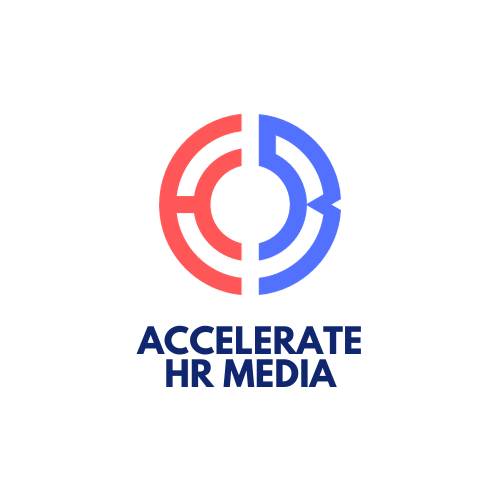
As automation and artificial intelligence (AI) continue to revolutionize workplaces, the conversation around technology’s impact on jobs is gaining momentum. But here’s the twist- AI can only lead to better jobs if companies adopt a people-first approach.
A recent three-year study, the Pissarides Review into the Future of Work and Wellbeing, funded by Nuffield, explored the intersection of AI, work, and employee wellbeing. The findings are clear: when employees are prioritized, the positive impacts of new technologies like AI can be maximized, leading to improved well-being and better job quality.
The Power of a People-First HR Strategy
The research, which included surveys from 1,000 UK businesses and 5,000 employees, shows that automation and AI are already transforming industries. 80% of firms had adopted AI and automated equipment in physical and cognitive tasks by 2023. However, while automation has the potential to drive efficiency, its true success hinges on a conscious HR strategy that values people. Without it, the benefits of technology can remain elusive.
Companies that adopt high-involvement HR practices, where employee skills are developed and valued, tend to see more positive outcomes. By using AI to enhance work and promote job quality, rather than just driving cost savings, businesses can build trust and improve productivity.
Why HR Should Be at the Core of Tech Adoption
The report highlights the importance of companies recognizing that technological transformation is not an isolated process. It is deeply interconnected with social and economic changes, meaning HR needs to adopt a comprehensive approach to manage this transformation responsibly. Moreover, the study stresses that technology does not inherently create better jobs, it’s how organizations implement it that makes the difference.
James Hayton, a Warwick Business School professor, noted, “The impact on jobs, skills, and job quality is driven by the technology and how firms choose to implement it.”
Facing the Future with Trust and Transparency
Despite AI’s potential, employees remain skeptical. Many workers express anxiety over automation’s impact on their roles. 63% of respondents in a recent CIPD poll said they would trust AI for work-related decisions, yet the pervasive fear of AI’s consequences remains. Building trust and transparency will be key in mitigating these fears.
According to Nobel Laureate Sir Christopher Pissarides, “We need a new model of human-centered automation that understands technological transformation as part of broader socio-economic change.”
Anna Thomas, the founding director of the Institute for the Future of Work, emphasized the opportunity to shape a fairer future of work by utilizing a human-centered approach to automation. She said, “The future is not already determined. We can start shaping a fairer future of better work across the UK.”
AI and automation can lead to a future of better jobs, but this requires deliberate action from employers. By adopting a people-first strategy, businesses can mitigate the risks of technological disruption while ensuring their workforce benefits from innovation.
Let us know your thoughts on how AI and people-first strategies can transform the future of work.
Follow AccelerateHRMedia for more insights into the evolving era of HR and technology.

